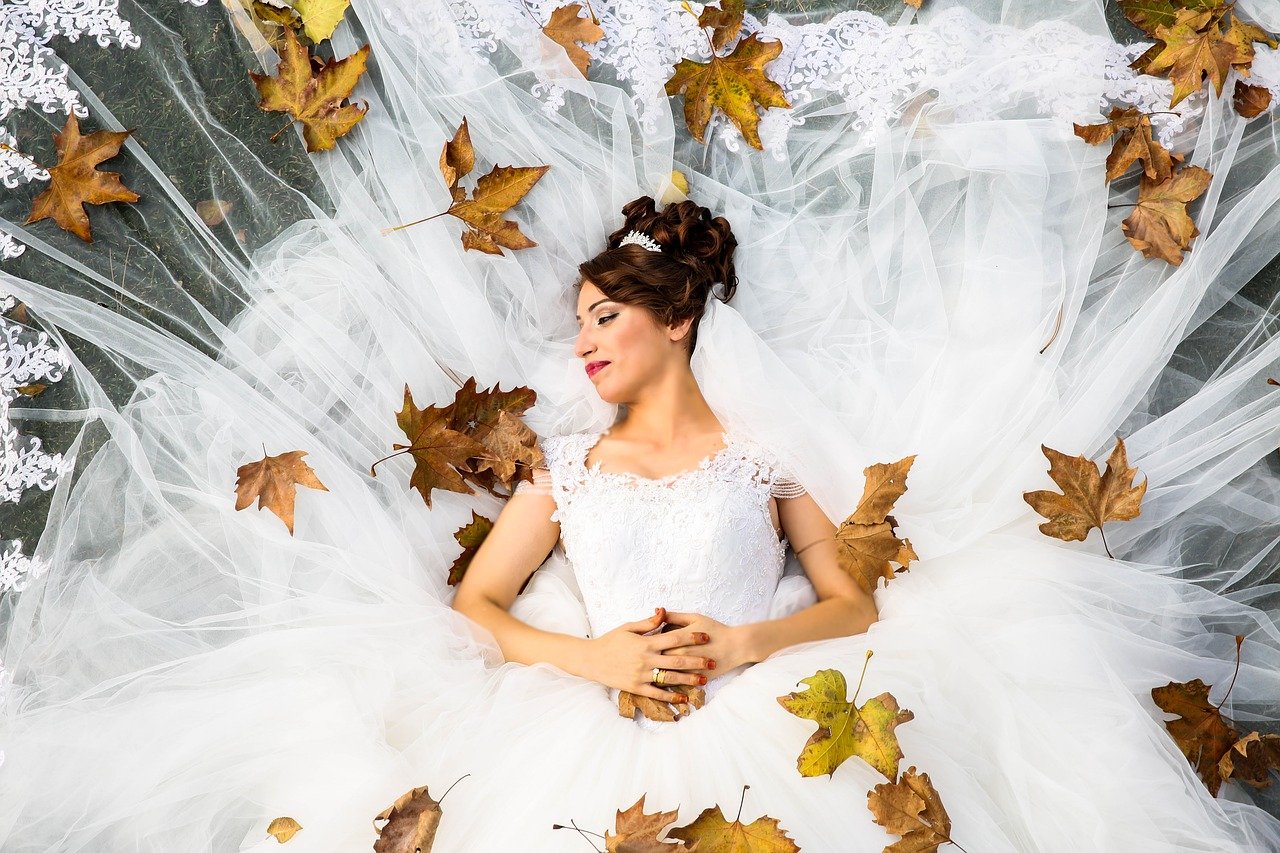What Determines the Cost of a Wedding Videography?

Wedding videography is a film production that records a wedding event on video. The result of the videographer's documentation is most often known as a wedding video, or a wedding video album. It's also known as a wedding video, or even a wedding DVD. Videography can be used for any aspect of a wedding celebration; it doesn't have to be just the video of the bride and groom walking down the isle together. Videography has evolved greatly from the days of black and white and grainy footage to an extremely enjoyable and informative experience, that can be shared by the thousands of couples who are able to benefit from it. With the best Wedding Videographer surrey you are assured of getting great services.
There are many different elements involved in the process of wedding videography. Some of these key elements include editing, special effects, background music, and other special touches. Below is an outline of what some of these elements are, and how they are utilized by different videographers on a daily basis:
Editing - this process consists of editing together multiple shots or sequences of footage into one complete recording. This allows the videographers to put all of their creativity into each scene and makes editing fast and seamless. Often, editing is done on both sides of the video, although most professionals will focus only on one side. In addition, editing is often done with the wedding party in the shot, creating a cohesive and well-defined feel for the entire event. When done well, editing can add significant value to a wedding day videography recording.
Moving Around. The Suffolk Wedding Videographer captures live action by using cameras that move around, but in a contained environment.
They are sometimes called "cameras on casters", and most videographers will work in a controlled environment, like a studio, or other controlled space. The videographers capturing this action will move their equipment around, but will still be able to continue editing while they do so. Moving around in a studio does require a certain level of technical skill, and there is the potential for mistakes when moving around. However, in a live setting, a videographer can minimize mistakes and fully focus on capturing the images that truly make a picture.
Post Production - editing and the graphics involved can also add considerable value to a videography project. Film footage can be composited with still shots, adding visual variety and giving a videographer a wealth of options when it comes to editing and producing the finished product. Videographers are able to easily create DVDs, mini-DVDs, and other formats that allow for long-term archiving, as well as sending the clips to clients for them to keep for future use. There are many videographers who have built a reputation for creating high-quality work for weddings on a national scale, and their services will continue to grow as more couples look to videography to document their big day.
Many videographers have taken to using wireless equipment, including cameras and camcorders. The benefit of wireless equipment is that the videographers are able to move around without being restricted by the limits of their video camera. Wireless systems also allow videographers to capture video in different locations that may be far away from where the wedding or ceremony is taking place. This eliminates the need to travel to different locations to capture the video, therefore saving the cost of transportation. If you are looking for a way to reduce the amount of stress and worry associated with planning your wedding, then consider hiring a videographer to help you capture the memories that will make your day incredible. Find out more details related to this topic at: https://en.wikipedia.org/wiki/Videography.
